The emergence of the digital economy has presented a multitude of prospects for persons in search of flexible work schedules. Starting a business as a freelance virtual assistant (VA) is one of the most popular possibilities. You may select the customers and projects you want to work on, establish your hours, and work from home in this profession. Be it as a means of augmenting your earnings or establishing a full-time profession, virtual assistant freelancing is a feasible and fulfilling avenue.
Technology is revolutionizing business, leading many entrepreneurs to rely on virtual assistants for online administrative support tasks. These freelancers can maintain a work-life balance while earning money from anywhere with an internet connection. Successful virtual assistants don’t need advanced degrees but can master existing programs, making them cost-effective for businesses outsourcing tasks that would be time-consuming for full-time employees. To determine if becoming a virtual assistant is right for you, explore different services and learn everything you need to know to get started.
What is a virtual assistant?
A virtual assistant (VA) is someone who performs administrative, creative, or marketing tasks for clients, including others, solopreneurs, or companies. VAs can work full-time or as contractors or freelancers for multiple clients simultaneously. They can set their flexible schedule but must cater to each client’s needs. Starting as a VA requires basic admin skills, business savvy, and internet know-how.
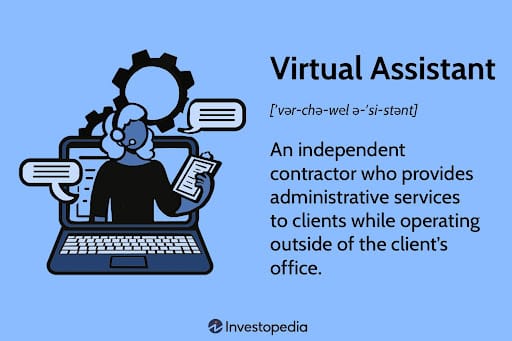
With time, VAs can specialize in a niche and grow their business to serve high-value clients. The amount of money earned depends on their skill set, expertise, and whether they work for a VA company or themselves. Entry-level VAs may earn $10 to $12 per hour, which may not be a livable wage. If working for themselves, they can charge $20 or more per hour and continue to raise their rate as they develop high-level or in-demand skills.
Skills Needed to Become a Successful Virtual Assistant
Virtual assistants can pursue various career paths, such as account executive or marketing manager. They learn about the company’s operations, and industry insights, and can progress from assistant to managing as they gain experience and new job skills. As they become more experienced, they can advance into more managerial roles.
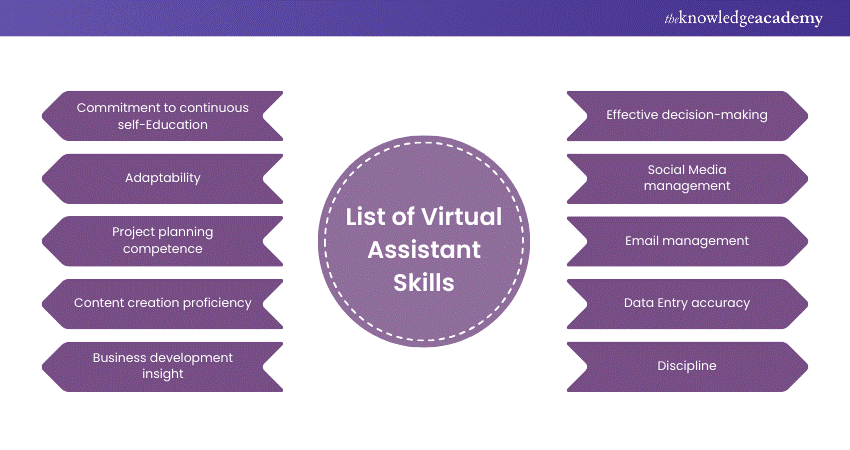
Communication
Successful synchronous and asynchronous communication is one of the main competencies of a virtual assistant. Depending on the situation, you could be updating your customer by text, Slack, or email at times, or working in real-time over a video conference or phone conversation.

Virtual assistants must speak with clients intelligibly and on their behalf. Virtual assistants are hired by businesses and people who wish to simplify their lives and require assistance with certain chores. It is your responsibility as a virtual assistant to finish these tasks electronically.
You may schedule a trip one day and answer questions on social media the next, depending on the customer. Strong professional communication skills are essential for virtual assistants, as they frequently represent their customers while writing emails, communicating with followers on social media, or making cold calls.
Administrative Skills
Virtual assistants (VAs) often require strong administrative skills to manage various tasks and ensure smooth operations in businesses. Key administrative skills include calendar management, email management, file organization, and data entry. Calendar management involves organizing and scheduling appointments, meetings, and events for clients, coordinating with multiple parties, setting reminders, and preventing scheduling conflicts.
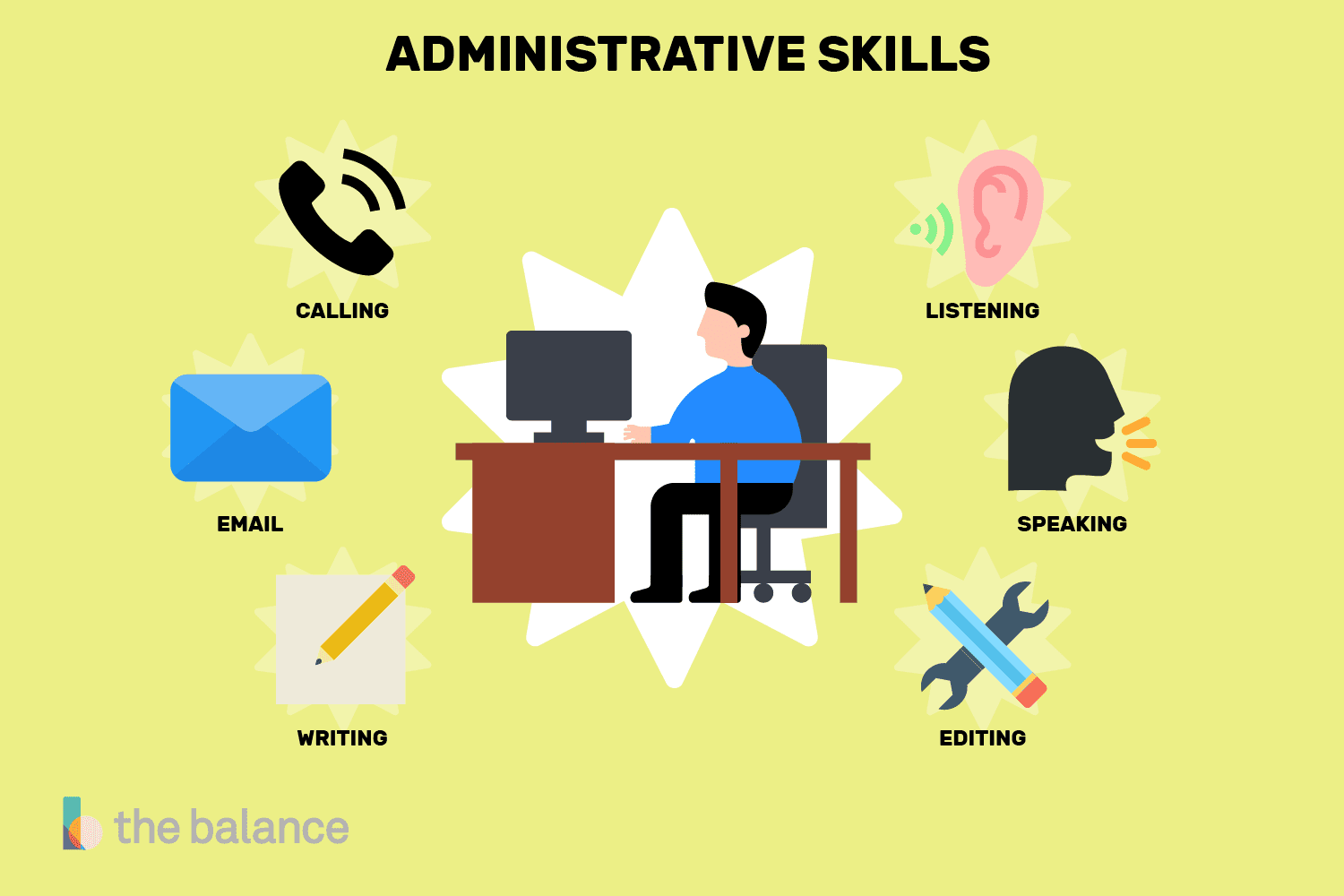
Email management involves sorting through emails, responding to inquiries, filtering out spam, and prioritizing important messages. File organization involves creating and maintaining file systems, using cloud storage solutions, and ensuring document accessibility and security. Data entry is a fundamental administrative task that involves accurately inputting information into databases, spreadsheets, or other systems.
Technical Skills
Virtual assistants require strong technical skills to effectively work remotely and rely on technology. Key technical skills include proficiency with office software like Microsoft Office Suite and Google Workspace, as well as project management tools like Asana, Trello, and Monday.com.

They should also be comfortable using communication platforms like Slack, Zoom, Microsoft Teams, and email clients for client communication, virtual meetings, and project collaboration. Basic IT troubleshooting is also essential, as it helps resolve connectivity issues, software glitches, and basic hardware problems. These skills are crucial for maintaining project timelines, ensuring client satisfaction, and reducing frustration in remote work environments.
Time Management and Organization
Virtual assistants must possess strong time management and organizational skills to effectively handle multiple tasks and clients. Prioritizing tasks based on importance and urgency is crucial for staying on top of work. Effective task management involves breaking down projects into manageable steps, setting deadlines, and tracking progress using tools like to-do lists and project management software.

Consistently meeting deadlines is essential for maintaining client trust and satisfaction. Good time management practices, such as setting realistic timelines and avoiding procrastination, are key to achieving this. Multitasking is also essential for virtual assistants, especially when working with multiple clients, to ensure quality work without compromising efficiency.
Problem-solving and Critical Thinking
Virtual assistants (VAs) are crucial in addressing clients’ problems in their daily operations. They need to be resourceful, able to find solutions using available resources, and critical thinkers, capable of analyzing complex situations and making informed decisions.
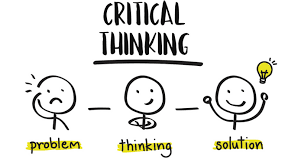
Clients appreciate VAs who can independently resolve issues. Adaptability is also essential in the ever-changing virtual assistance landscape, as VAs must be flexible and open to learning new tools and technologies to stay relevant and effective. These skills are crucial for a VA’s success in the ever-changing virtual assistance landscape.
What services does a virtual assistant provide?
Virtual assistants can perform various duties, from specific tasks for small business owners to playing a vital role in a company’s operations. These jobs offer freedom and flexibility, allowing individuals to work with new clients from various industries or focus on a specific niche full-time. They can feel like part of the core team or work with different industries.

Project Management
Marketing your services as a project management Virtual Assistant can help convince clients who cannot commit to hiring a VA permanently. Solopreneurs often seek help during overwhelming projects, and the average salary for a digital project manager is around $70,000.

Projects you can help with include product launches, researching industry best practices, recruiting team members and contractors, supervising and coordinating team members, setting up systems and timelines, and conducting business audits. Starting with project-based collaborations can help you gain a foothold for larger projects or a permanent position, and with good work, you can become the go-to professional for your clients.
Bookkeeping
Solopreneurs often procrastinate on bookkeeping, which involves recording bills, invoices, and payments, and tracking the financial well-being of a business. As a bookkeeping Virtual Assistant, you can handle tasks such as generating invoices, ensuring timely payment, issuing refunds, preparing balance sheets, paying employees and contractors, reconciling bank and credit card statements, helping prepare quarterly or annual taxes, and maintaining financial data in the preferred software.
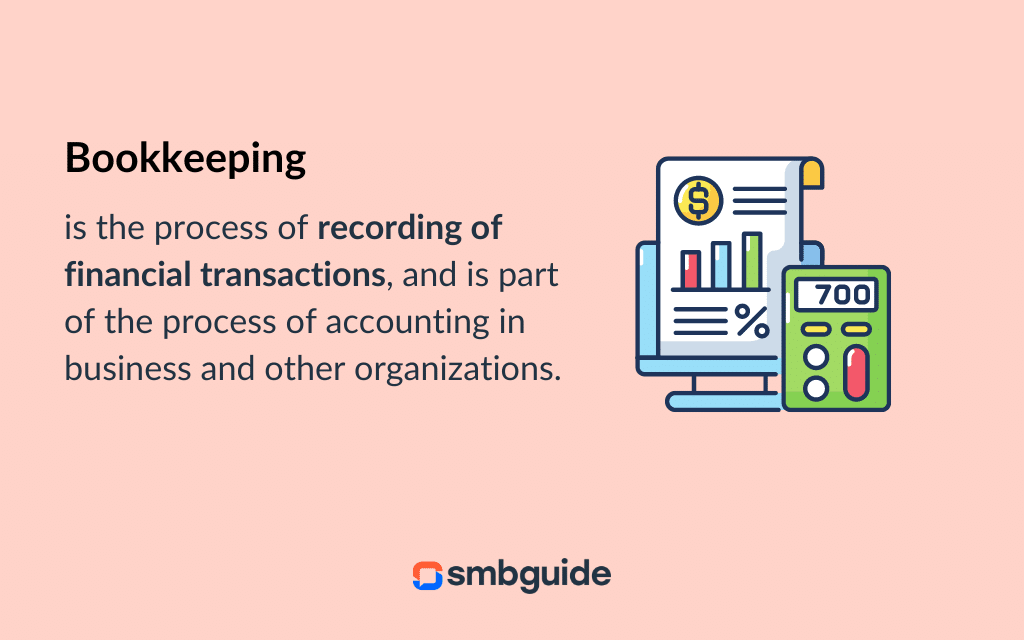
Building trust with clients is crucial, and outsourcing this requires offering recommendations from former clients or past jobs, as well as conducting a background check if the client is concerned about entrusting you with their financial information.
Email Management
A 2016 Adobe study revealed that office workers aged 25-34 spend over six hours daily checking and replying to emails, with over a third checking their emails even before getting out of bed. This time waste can be a significant opportunity for webpreneurs to utilize an organized and detail-oriented email management Virtual Assistant.

The services offered include setting up a system for labeling, replying, or filing incoming emails, setting up automatic filters, forwarding messages to team members, and drafting replies to frequently asked questions. It is crucial to establish clear expectations for email management, such as checking emails daily or staying logged in and responding to emails as they roll in.
Travel Assistant
A travel assistant can help clients who frequently travel for work or personal reasons, such as conference speakers, book authors, and small business sales reps. They can research airfare, car rental, and hotel accommodations, compile travel schedules, research visa requirements, contact airlines and hotels to make reservations, arrange airport pick-up and drop-off, and have tickets reissued or reimbursed.

They can also purchase travel insurance, find locations to host meetings, research local attractions, and book guided tours. A travel assistant can specialize in conference travel arrangements, working with clients only when they attend trade fairs, ensuring they work around the same time and can service multiple clients. This allows them to handle various tasks and ensure a smooth travel experience for their clients.
Data Entry & Managing Databases
In the age of automation, database management may seem like a simple task, but it’s not yet fully automated. VA services are ideal for clients with high monthly leads, such as insurance, real estate, sales, fundraising, or patient care professionals. VAs must ensure the database is up-to-date, relevant, organized, and intuitive to analyze.

They must define categories and rules, regularly input new information, maintain the database, create data spreadsheets and graphs, create reports for clients, and instruct clients on how to use the database in their absence. This role requires a combination of knowledge, desire, and time to ensure the database is up-to-date and user-friendly.
Customer Service
A Virtual Assistant (VA) is essential for solopreneurs who need to manage customer service tasks that can take up a significant portion of their time. These tasks include onboarding new clients, responding to recurring inquiries, checking in with long-term clients, and handling complaints and refund requests.

A VA can also create personalized welcome packets, provide canned email responses or FAQ pages, and ensure customer satisfaction. To streamline these tasks, it is recommended to conduct video calls with clients to clarify their systems in real-time, rather than relying on email communication. This will allow for better communication and better business strategy.
Monitoring Product/Client Reviews and Online Mentions
Reputation management is crucial for businesses as customers communicate with their brands online, with 85% trusting online reviews as much as recommendations from friends and family. Positive reviews increase trust in local businesses by 73%.

However, reputation management also involves interacting with unhappy customers, as 30% of consumers consider this a key factor when judging a local business. Responding to customer reviews and monitoring brand mentions online is essential for businesses to maintain a positive reputation. Offering a Virtual Assistant service can help businesses respond to customer reviews and online mentions without fear of competition.
Blog Management & Content Creation
Blog management and content creation are essential aspects of running a successful blog. A good manager can help launch a new blog and contribute to long-term growth. A Virtual Assistant can handle tasks such as uploading and formatting posts, adding inbound and outbound links, sourcing photos, creating graphics, optimizing SEO, adding opt-ins and lead magnets, and coordinating with guest writers.

If the client’s blog accepts guest submissions, the manager must coordinate with guest writers, pitch topics, follow up on deadlines, and set up cross-promotion once the post is published. To impress a potential client, take the lead on researching blog topics and identifying their competition. This will help identify areas that your client could cover that they are not currently covering. By doing so, you can ensure your blog’s success and attract more readers.
Social Media Management
Social media management can be a valuable service for businesses, but it can also be time-consuming and distracting. To maintain an active presence and increase ROI, it is essential to learn new skills and stay updated. A Virtual Assistant specializing in social media management can help with this task.

The services provided depend on the client’s social media marketing position. If their presence is minimal, packages can be offered to set up their profiles. If they have established profiles but are not very active, tasks can be assigned, such as branding, scheduling updates, creating original content, setting up scheduling tools like Buffer and Hootsuite, and engaging with followers through retweeting, liking, and replying to comments.
Why Virtual Assistants will always do well ?
Virtual Assistants are a highly resilient industry that can adapt to changing times due to their transferable skills, and ability to work with any business, location, timezone, and currency. Their business model focuses on helping other businesses thrive, allowing clients to adapt and pivot to changing times. With years of office experience, Virtual Assistants have undertaken multiple tasks across various industries, ensuring that their clients are not impacted by one client’s impact.
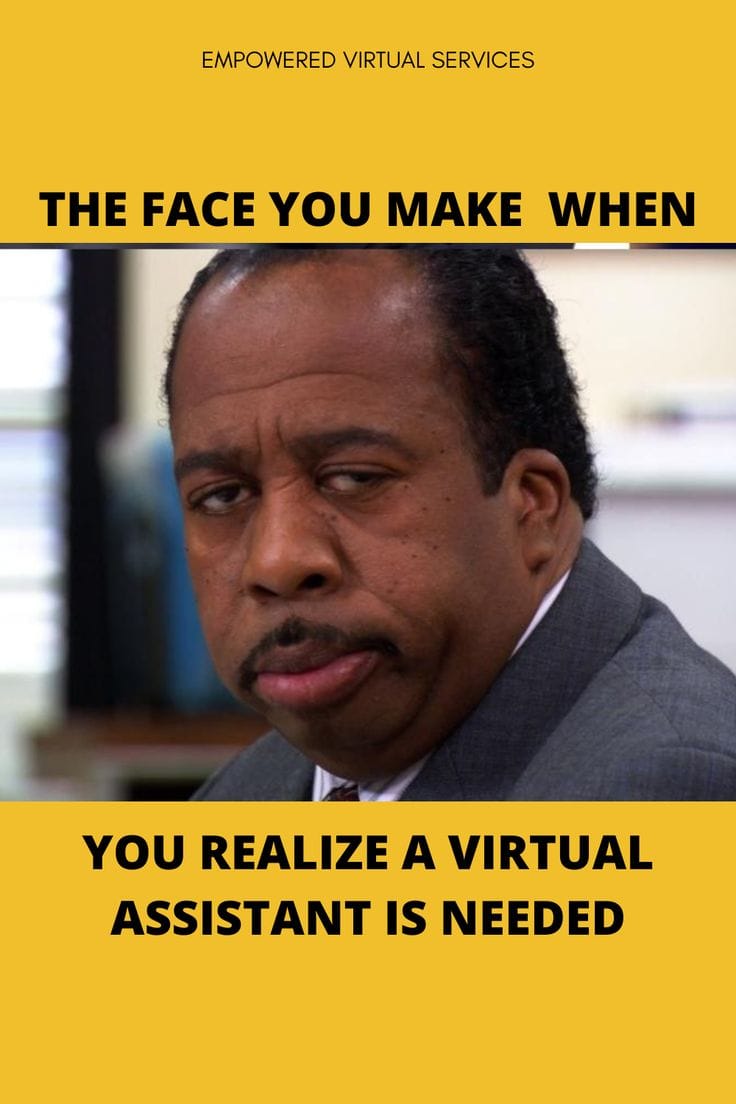
They possess a wealth of tech knowledge that can benefit all types of businesses and are resourceful, highly organized, and have excellent forward-planning abilities. They are also unflappable and excellent problem solvers, making them a valuable asset to any business. Overall, Virtual Assistants are a valuable asset in today’s competitive business landscape.
For people who want flexibility, independence, and the chance to work with various customers, becoming a freelance virtual assistant is a great career option. You may reach your professional and personal objectives by creating a successful and long-lasting business with the appropriate abilities, resources, and tactics.
You may succeed in the cutthroat field of virtual help by emphasizing ongoing education, clear communication, and solid client connections. Don’t be scared to scale up, diversify your offerings, and establish a distinctive identity as your company grows.
This thorough book offers the groundwork you need to succeed, whether just getting started or want to grow your virtual assistant business. Although becoming a successful freelance virtual assistant is not easy, it is also quite rewarding if you put in the necessary effort and attention.








